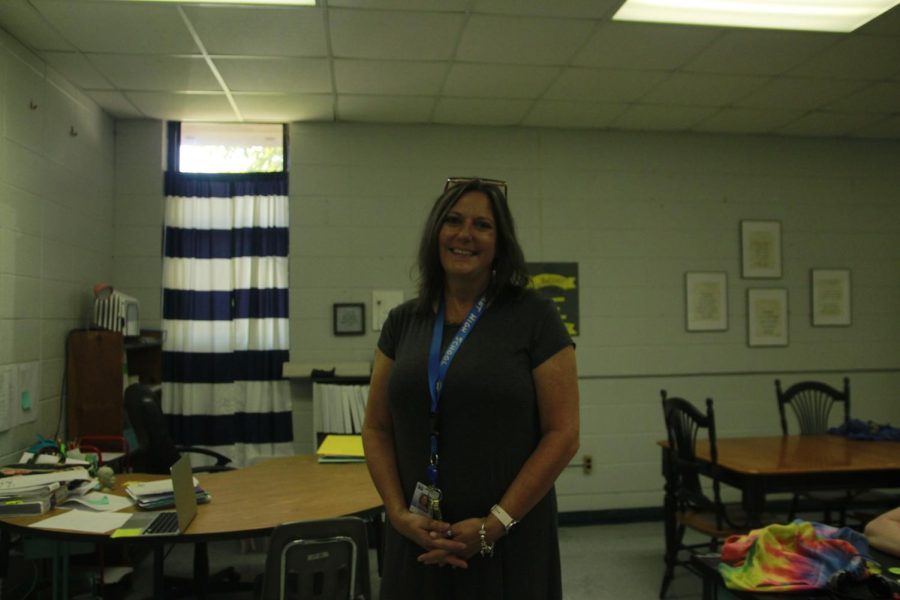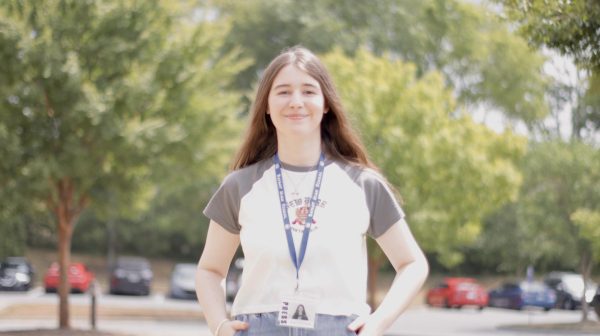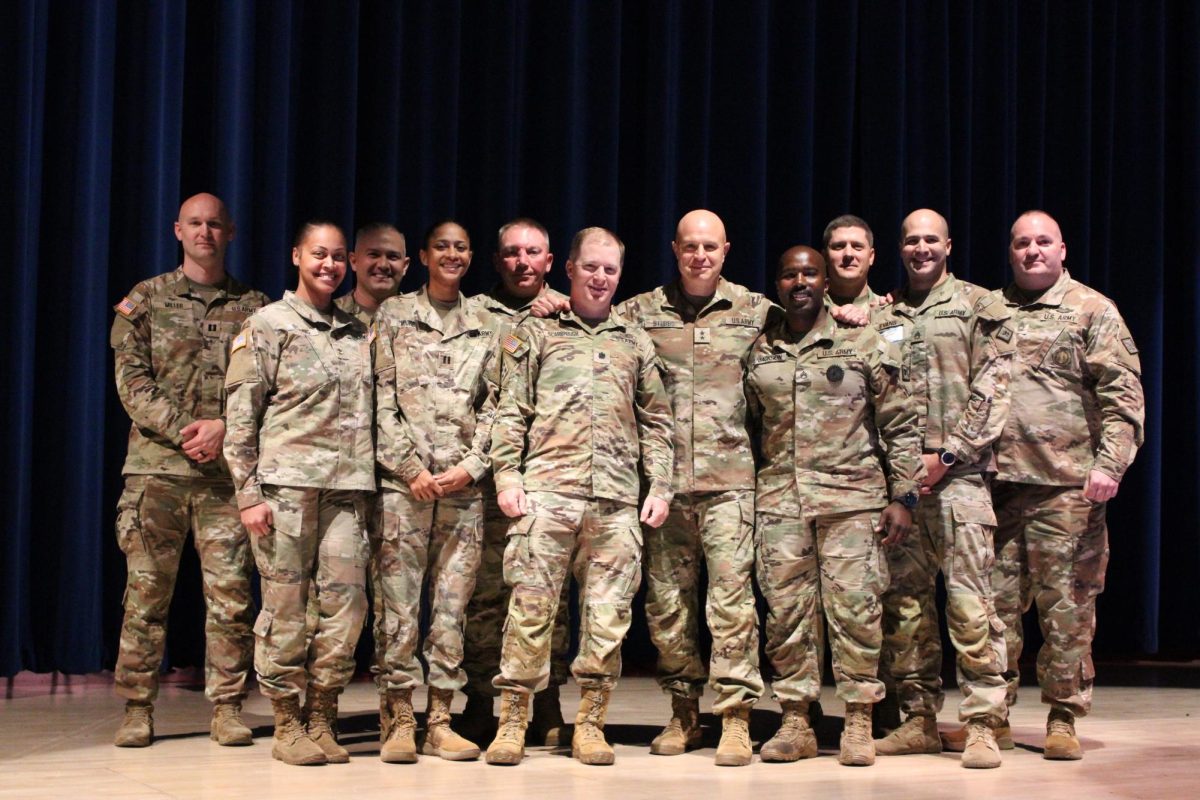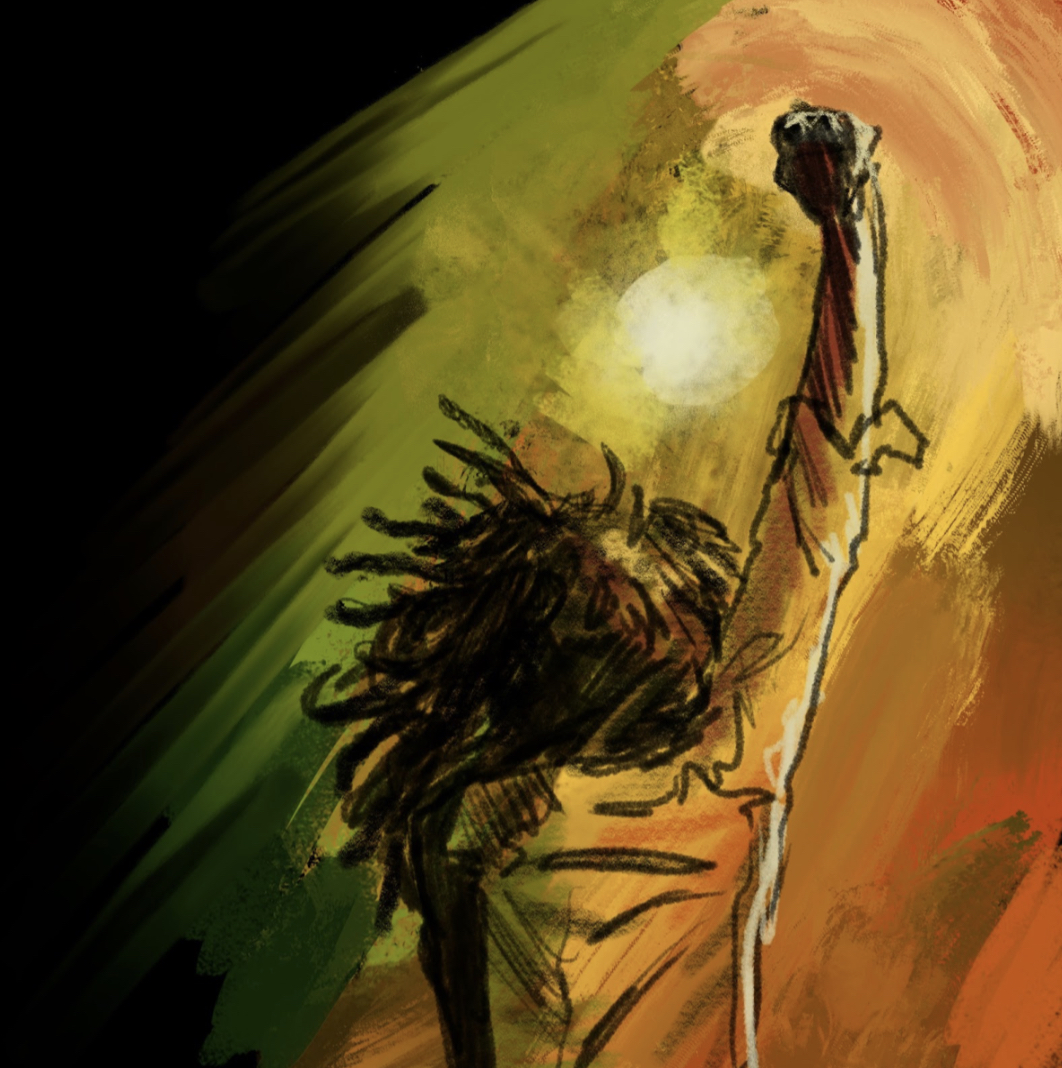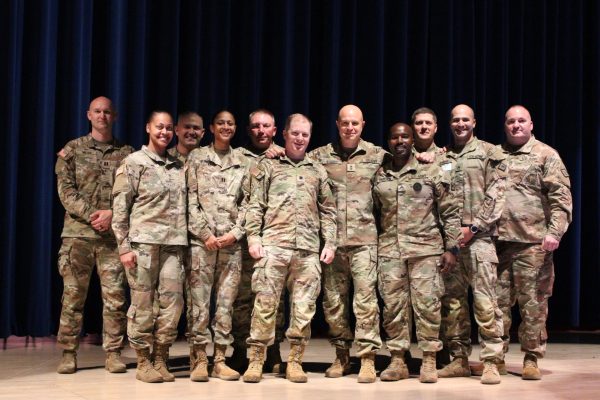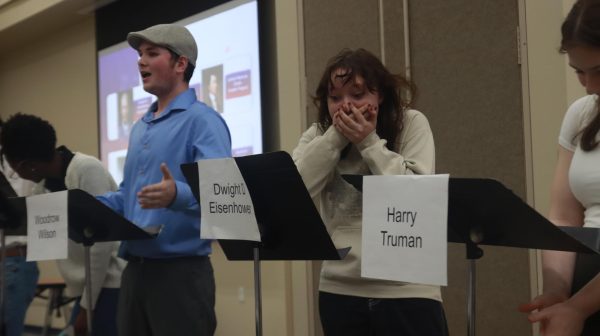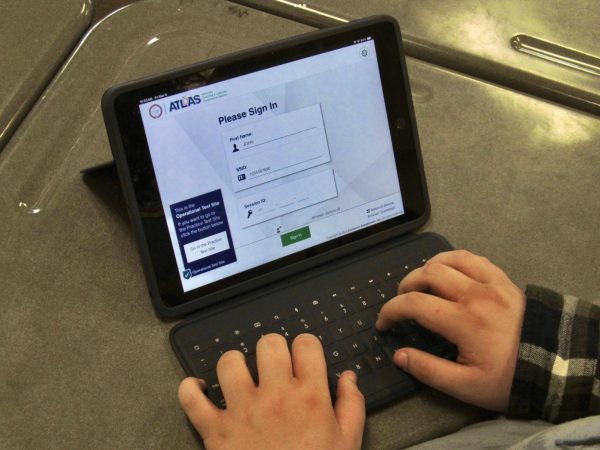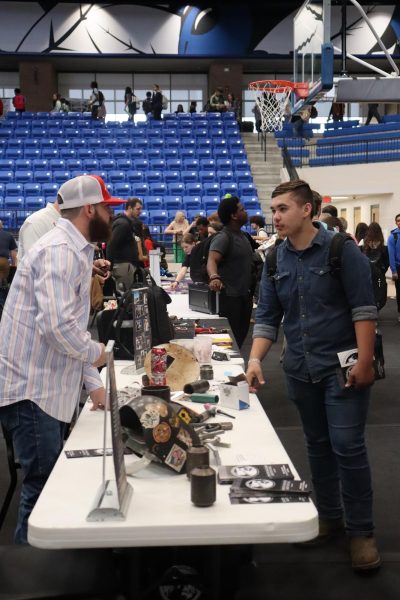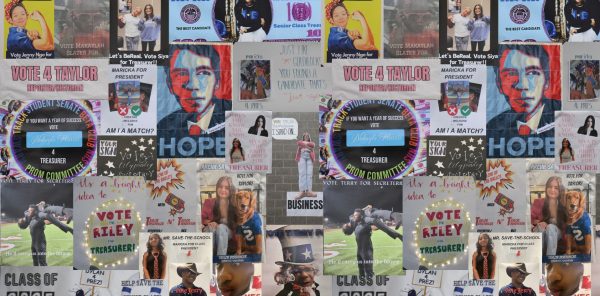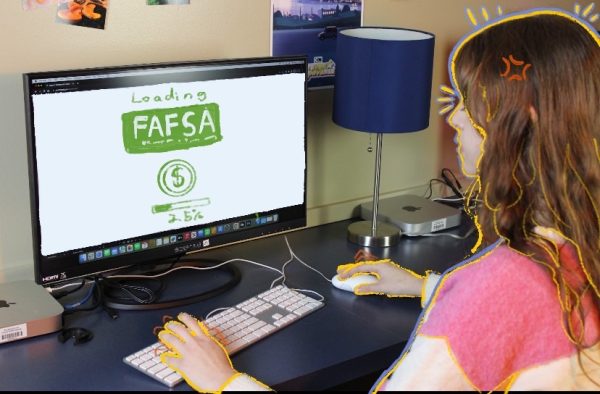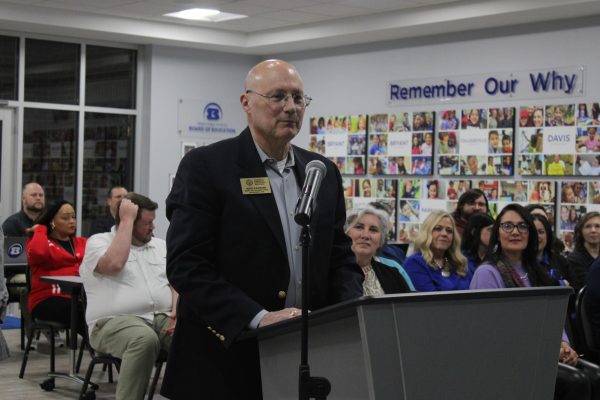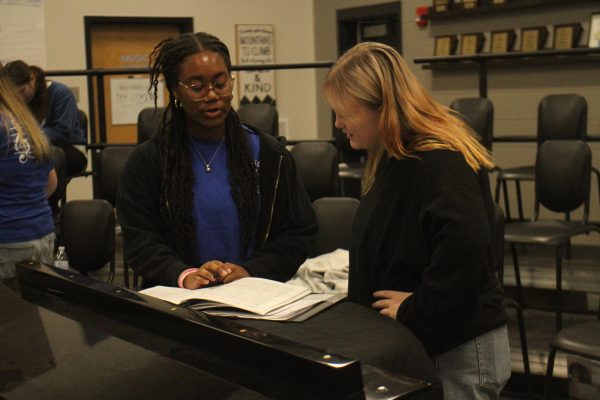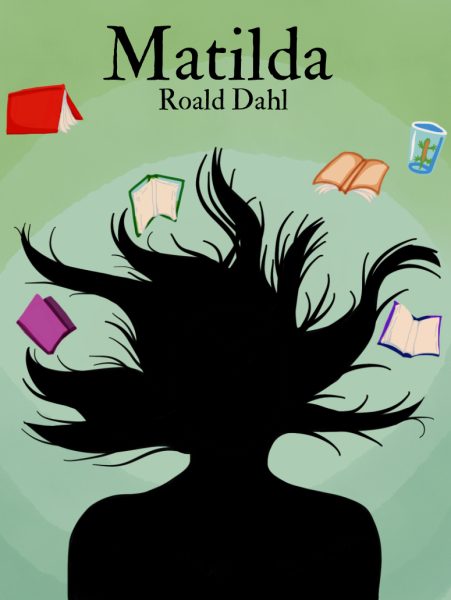A Place For One and Many
The Importance of Inclusive Education
Special Education teacher Susanna Crow educates in her classroom at Bryant High School on Wednesday, September 21.
October 7, 2022
According to the U.S. National Center for Education Statistics, more than 60% of students with disabilities spent at least 80% of their school day in general education classrooms during 2020. For the past few years, inclusive practices have become more common in schools.
Audra Schnepf, coordinator for Special Education (SPED), says that for the past seven years, she has seen Bryant schools transform.
“We are one of the most progressive districts in the state, with our inclusive practices all the way from sports to the academic side,” Schnepf says. “I just say it helps us grow better as professionals to see any roadblocks or barriers and how to overcome them as a team.”
Inclusive education has not only granted many students with more academic opportunities, but it has also allowed for more opportunities to interact with fellow students, and according to the Cambridge University Press, there seems to be no better way to make everyone feel included than by creating a positive learning environment.
Susanna Crow, a special education teacher, says she enjoys organizing her classroom with lots of different types of tables and seating for her students to feel comfortable.
“Especially in the special education program, we have children or students with different physical abilities and disabilities,” Crow said. “I want the kids to come in and be able to sit where they are physically comfortable, as well as emotionally and mentally comfortable as well.”
Crow is also a sponsor for the Best Buddies club. According to their website, Best Buddies is the world’s largest organization dedicated to ending social, physical, and economic isolation of 200 million that might be diagnosed with intellectual and developmental disabilities (IDD). Best Buddies offers opportunities to build friendships for people with and without IDD, has helped secure job opportunities for people with IDD, works towards educating and empowering those with or without IDD, and provides integrated living opportunities for those with and without IDD.
“For the students who want to be a part of [Best Buddies] and be a buddy for one of our other students, [Best Buddies] is a great way to just get to know somebody who’s a little bit different than you,” Crow said. “They might not have had the opportunity to get to know a student who has a more severe disability so this is a wonderful way for them to learn about another person and learn to see value in another person, that’s completely different than them.”
Inclusion is not only a matter of assistance from supportive organizations, it can also stem from unity among students.
“I’ve seen a lot of young kids; tenth, eleventh, and twelfth graders who really take it upon themselves outside of the classroom setting to really be inclusive,” Schnepf said. “People know a lot of our kiddos by name, and that goes a long way. We have some kiddos in very restrictive settings, and they’re out at lunch, and a kiddo will come up and give them a high five or bump their fist and say their name. ‘Hey, how are you? How are you doing?’ That has been really cool to see the student body as well, without teachers having to say ‘Hey, will you do this?’ You guys will take it upon yourself to really help enforce this new culture.”
According to Crow, students with disabilities should not be defined by test scores or paperwork.
“I want to always try to make sure my students know that their label does not create who they are,” Crow said. “They are individuals and they have talents and skills beyond what paperwork says they are. That paperwork, those testing results, and that IEP [Individualized Education Program] just tell us what we need to do to help that student be more successful. It doesn’t mean that they are incapable of reaching their goals just like anybody else.”


